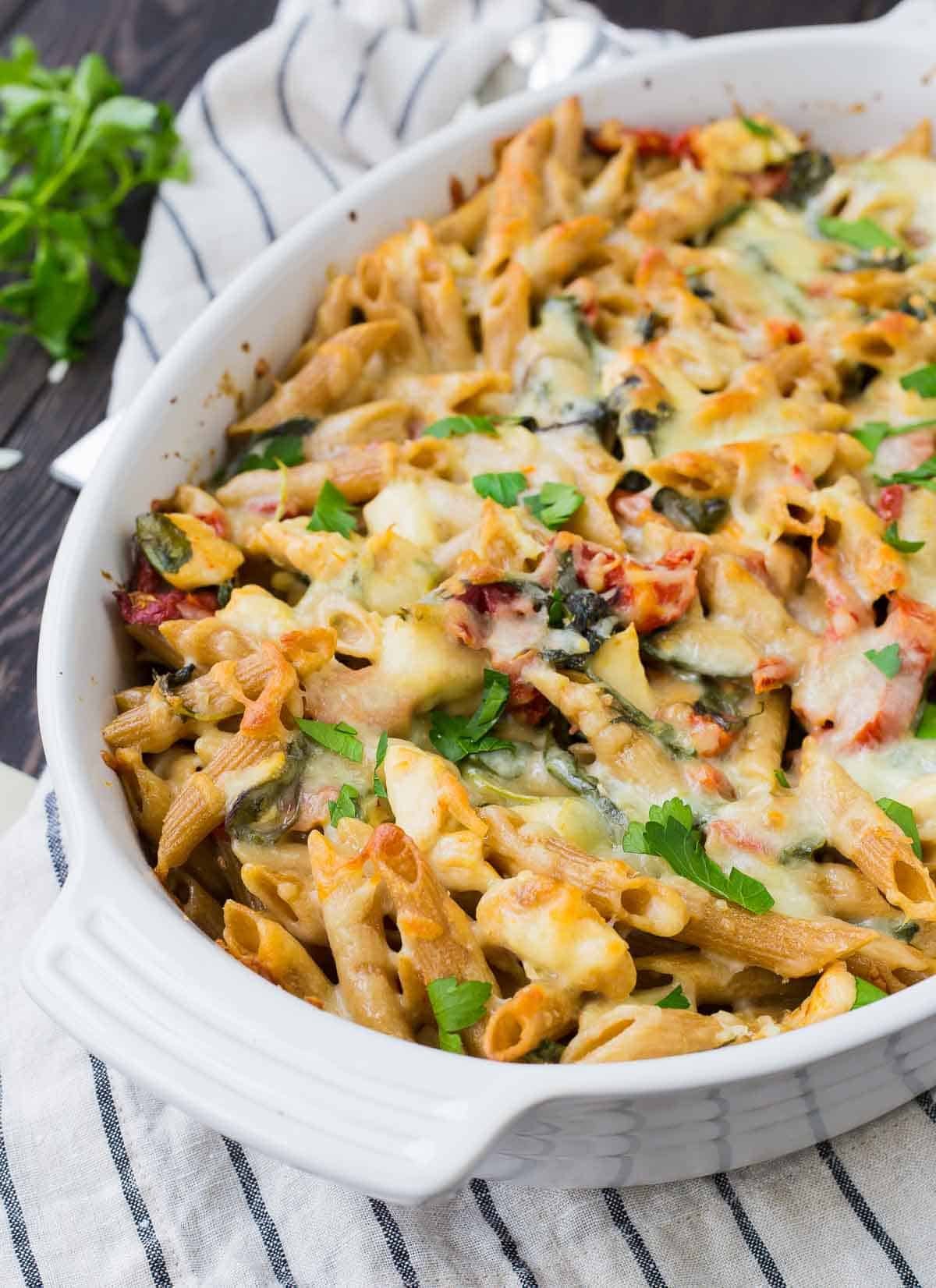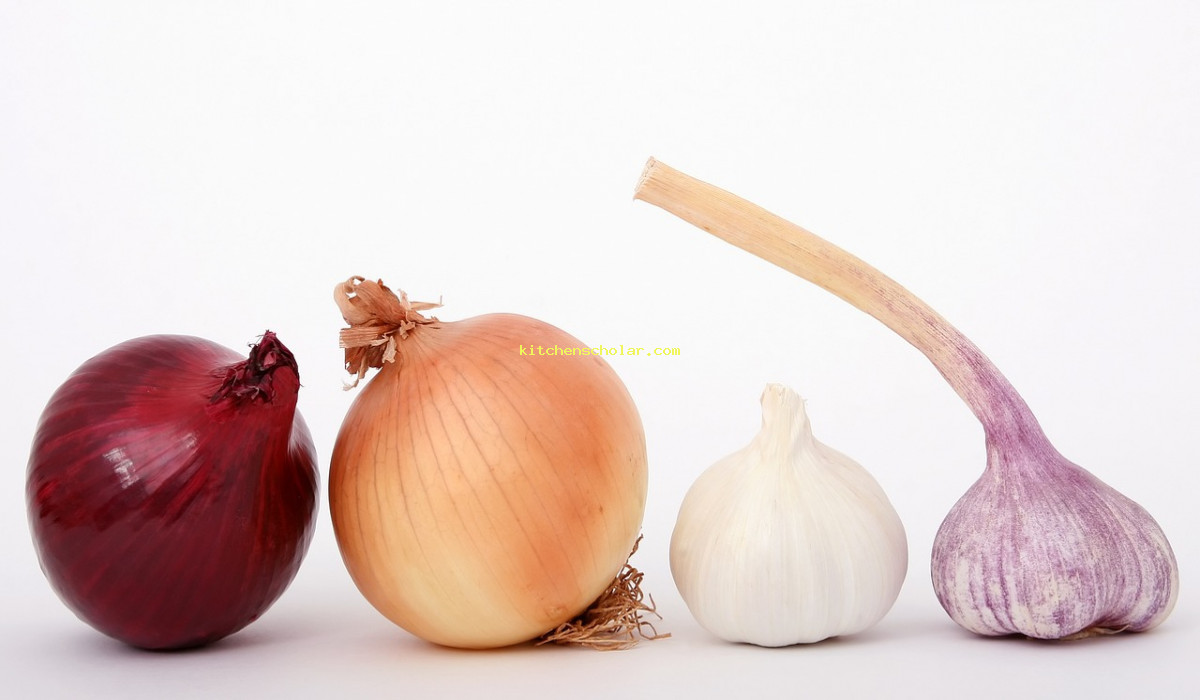Grow Your Own Kitchen Herbs In Just 5 Easy Steps!. Transform your cooking game with a kitchen herb garden! Elevate your dishes with fresh, homegrown herbs right at your fingertips. Find out how to create your own indoor herb oasis and enjoy the convenience and flavor it brings to your meals. Say goodbye to store-bought herbs and hello to a sustainable, flavorful addition to your kitchen. Follow our tips and start your own kitchen herb garden today!
Grow Your Own Kitchen Herbs
Grow Your Own Kitchen Herbs In Just 5 Easy Steps!
Grow Your Own Kitchen Herbs In Just 5 Easy Steps!. the convenience and Grow Your Own Kitchen Herbs In Just 5 Easy Steps!
The Many Benefits of a Kitchen Herb Garden
Having a herb garden in the kitchen is a trend that has been gaining popularity in recent years. It not only looks aesthetically pleasing but also has several practical benefits. From providing fresh and flavorful herbs for cooking to offering a natural air freshener, a kitchen herb garden has numerous advantages. In this blog post, we will delve into the various benefits of having a herb garden in your kitchen.
1. Fresh Herbs at Your Fingertips
One of the most significant benefits of having a kitchen herb garden is having access to fresh herbs right in your kitchen. You no longer have to make a trip to the grocery store to get herbs for your recipes. Instead, you can simply pluck the desired herbs from your garden and use them in your cooking. This not only saves time but also ensures that you are using the freshest possible ingredients in your dishes.

2. Saves Money
Growing your herbs in the kitchen eliminates the need to purchase herbs from the store, thus saving you money in the long run. A packet of fresh herbs can cost anywhere from a few dollars to even ten dollars, depending on the herb and its availability. With a kitchen herb garden, you can say goodbye to expensive herb packets and instead cultivate your own at a fraction of the cost.
3. Adds Flavor to Your Cooking
Nothing compares to the freshness and flavor of using herbs straight from the garden in your cooking. Store-bought herbs may be convenient, but they often lack the taste and aroma of freshly picked herbs. Adding a sprig of basil or a few leaves of rosemary from your kitchen herb garden can elevate the flavor of your dishes and make them stand out.
4. Aesthetically Pleasing
A kitchen herb garden not only serves a practical purpose but also adds beauty to your kitchen. It can brighten up even the dullest spaces and give a fresh and natural touch to the room. You can choose from a variety of herbs that have different colors and textures and create a visually appealing garden in your kitchen.
5. Easy Maintenance
Contrary to popular belief, a kitchen herb garden is easy to maintain. With proper sunlight and watering, most herbs can thrive and grow with minimal effort. Unlike other plants that require extensive care and attention, herbs are low maintenance and can even withstand periods of neglect. This makes them a perfect choice for busy homeowners.
6. Indoor Air Purifier
Herbs are known for their air-purifying properties, and having them in your kitchen can improve the air quality of your home. Herbs like mint and lavender are particularly effective in removing toxins and pollutants from the air. In addition, the fresh and pleasant aroma of herbs can also act as a natural air freshener.
7. Promotes Sustainable Living
Growing your herbs at home promotes sustainable living, as it reduces the carbon footprint of store-bought herbs. Herbs from grocery stores are often packaged in plastic and have traveled long distances, consuming energy and resources. With a kitchen herb garden, you can reduce your impact on the environment and contribute to a more sustainable lifestyle.
8. Educational Tool for Children
A kitchen herb garden can be an excellent tool for teaching children about plants and gardening. It provides a hands-on learning experience for them and can help instill an appreciation for nature and sustainable living. Children can also take on responsibilities like watering and taking care of the herbs, giving them a sense of ownership and achievement.
9. Mood-Boosting Properties
The sight and smell of fresh herbs in your kitchen can have positive effects on your mood. Studies have shown that being around plants can reduce stress and anxiety and enhance overall well-being. Herbs like chamomile and lemon balm have calming properties, making them perfect for a peaceful, aromatic kitchen.
10. Versatile Use of Herbs
A kitchen herb garden offers a wide variety of herbs that can be used for more than just cooking. Herbs like peppermint and eucalyptus can be used in homemade remedies for common ailments like headaches and colds. Others like lavender and rosemary can be used in DIY beauty products like face masks and scrubs.
11. Quick Access to Medicinal Herbs
Many herbs have medicinal properties and can be used as natural remedies for various ailments. Having them in your kitchen herb garden means having quick and easy access to these healing herbs. Whether it’s soothing a sore throat with sage tea or easing headaches with peppermint oil, you can have natural remedies at your disposal.
12. Great for Small Spaces
A kitchen herb garden can be created even in the smallest of spaces, making it a suitable option for homeowners with limited room for gardening. You can use pots or hanging baskets to grow herbs on a windowsill or even create a vertical herb garden on a wall. This makes it possible for anyone to have a kitchen herb garden, regardless of the size of their kitchen.
13. Deters Pests
Many herbs have insect-repelling properties that can keep common pests out of your kitchen. Herbs like basil, lavender, and mint can deter flies, moths, and mosquitoes, making them a natural and non-toxic alternative to chemical pest control methods. This is particularly useful in the kitchen, where pests can contaminate food and be a general nuisance.
14. Sustainable Herbs for Cooking
Growing your herbs means that you can ensure they are grown organically without the use of harmful pesticides and chemicals. This not only makes them safer for consumption but also promotes sustainable farming practices. You can rest assured that the herbs you use in your cooking are free of any harmful substances.
15. The Joy of Gardening
Last but not least, having a kitchen herb garden can bring joy and fulfillment to your life. Gardening has been proven to have therapeutic effects and can be a great stress-reliever. It allows you to connect with nature and reap the rewards of your hard work when you see your herbs flourishing.
In conclusion, a kitchen herb garden is a practical and beneficial addition to any home. It provides fresh herbs for cooking, promotes sustainable living, and adds beauty to your kitchen. With minimal maintenance, you can enjoy a plethora of advantages that come with having a kitchen herb garden. So why not start one today and experience the joy and benefits of having your own mini garden in your kitchen?
Grow Your Own Kitchen Herbs In Just 5 Easy Steps!
Transform your cooking game with a kitchen herb garden! Elevate your dishes with fresh, homegrown herbs right at your fingertips. Find out how to create your own indoor herb oasis and enjoy the convenience and flavor it brings to your meals. Say goodbye to store-bought herbs and hello to a sustainable, flavorful addition to your kitchen. Follow our tips and start your own kitchen herb garden today!. Herb Grow Your Own Kitchen Herbs In Just 5 Easy Steps!

Kitchen Herb Garden: A Beginner’s Guide
Are you tired of buying expensive herbs from the grocery store? Or are you looking to add some fresh flavor to your dishes? Look no further than your own kitchen! Growing a herb garden is a simple and rewarding way to have fresh herbs at your fingertips. In this article, we will guide you through everything you need to know about starting your own kitchen herb garden.
What is a Kitchen Herb Garden?
A kitchen herb garden is a small and convenient way to grow your own herbs right in your kitchen. It can be as simple as a few potted herbs on your windowsill or as elaborate as a dedicated space with grow lights. Whatever your setup, a kitchen herb garden allows you to have fresh and flavorful herbs within arms’ reach while cookingGrow Your Own Kitchen Herbs .
Benefits of a Kitchen Herb Garden
There are numerous benefits to having a kitchen herb garden. Here are just a few:
- Cost-saving: buying fresh herbs from the grocery store can quickly add up. By growing your own, you can save money in the long run.
- Convenience: no need to make a trip to the store whenever you need herbsGrow Your Own Kitchen Herbs . Simply pluck them from your garden when needed.
- Freshness: herbs lose flavor and nutrients over time. By growing your own, you ensure you always have access to the freshest herbs.
- Aesthetics: a kitchen herb garden adds a beautiful and natural element to your kitchen.
- Customization: you have full control over what types of herbs you want to grow and in what quantities.
What You Will Need
To start your own kitchen herb garden, you will need the following:
- Herb seeds or seedlings: choose your favorite herbs or a variety to add a range of flavors to your dishes.
- Pots or containers: ensure they have proper drainage holes.
- Potting soil: choose a high-quality potting mix, specific for herbs if possible.
- Sunlight: herbs need at least 6 hours of direct sunlight per dayGrow Your Own Kitchen Herbs , so choose a sunny spot or invest in grow lights.
- Watering can: to keep your herbs well hydrated.
Step-by-Step Guide
Follow these simple steps to create your own kitchen herb garden:
1. Choose your herbs: decide which herbs you would like to grow based on your needs and taste preferences. Some popular options include basil, Grow Your Own Kitchen Herbs , rosemary, and mint.
2. Prepare your containers: make sure your pots or containers have proper drainage holes to prevent waterlogged soil. You can add a layer of small rocks or pebbles at the bottom for extra drainage.
3. Fill with potting soil: fill your containers almost to the top with potting mix. You want to leave enough space for the herb seedlings or seeds.
4. Plant your herbs: if you are using seedlings, gently loosen the roots and place them in the center of the pot, making sure the soil covers the roots. If using seeds, follow the instructions on the packet for how deep to plant them.
5. Water and place in a sunny location: water your herbs thoroughly and place them in a sunny spot in your kitchen. Grow Your Own Kitchen Herbs , you can use grow lights to provide sufficient light if your kitchen does not have adequate sunlight.
6. Keep soil moist: herbs require consistently moist soilGrow Your Own Kitchen Herbs , so check your herbs daily and water when the top inch of soil has dried out.
Pro Tips for Maintaining Your Kitchen Herb Garden
- – Harvest regularly: the more you harvest, the more your herbs will grow. Be sure to leave at least a few inches of growth so the plant can continue to produce.
- – Pinch back stems: pinching back stems promotes bushier growth, making your herbs more abundant.
- – Rotate: if your herbs are leaning towards the light, rotate them occasionally to ensure even growth.
- – Fertilize: herbs are heavy feeders, so fertilize every 2-3 weeks with a balanced fertilizer.
Choosing the Right Herbs for Your Kitchen Herb Garden
When deciding which herbs to grow in your kitchen garden, consider what flavors you use most often in your cooking. Here are some popular herbs and their uses:
- – Basil: a staple in Italian cuisine, use in pasta dishes, pizza, and pesto.
- – Thyme: adds a savory flavor to soups, stews, and roasted vegetables.
- – Rosemary: pairs well with chicken, lamb, and roasted potatoes.
- – Mint: perfect for refreshing drinks, salads, and desserts.
- – Parsley: commonly used as a garnish, but also adds flavor to soups, salads, and dips.
Troubleshooting Common Herb Garden Problems
No garden is without its challenges. Here are some common problems you may encounter with your kitchen herb garden and how to solve them:
– Pests: aphids, mealybugs, and spider mites can all attack your herbs. Use a natural insecticidal soap or neem oil to control these pests.
– Fungal diseases: powdery mildew and root rot are common fungal diseases that can affect herbs. Remove affected areas and treat with a fungicide if necessary.
– Over-watering: herbs do not like to be waterlogged, which can cause root rot. Be sure to allow the top inch of soil to dry out before watering again.
– Under-watering: letting your herbs completely dry out can cause them to wilt. Check the soil regularly and water as needed.
Experiment with Various Herb Garden Setups
There is no one right way to create a kitchen herb garden. Get creative and explore different setups to find what works best for you. You can also try growing herbs in a hydroponic system or hanging planters for a unique twist.
Conclusion
Growing your own kitchen herb garden is not only a fun and rewarding hobbyGrow Your Own Kitchen Herbs , but it also adds fresh and delicious flavors to your cooking. Follow our guide and tips to create a successful and thriving herb garden in your very own kitchen. Don’t be afraid to experiment with different herbs and setups to find what works best for you. Happy gardening! Grow Your Own Kitchen Herbs In Just 5 Easy Steps!

Grow Your Own Kitchen Herbs In Just 5 Easy Steps!
What is a kitchen herb garden?
A kitchen herb garden is a small garden specifically designed for growing herbs indoors, typically in the kitchen.
Why should I have a kitchen herb garden?
Having a kitchen herb garden allows you to have fresh herbs at your fingertips whenever you need them for cooking or other purposes.
What herbs can I grow in a kitchen herb garden?
Some popular herbs for a kitchen herb garden include basil, rosemary, parsley, thyme, and mint.
How do I start a kitchen herb garden?
You can start a kitchen herb garden by choosing a location with good sunlight, choosing the right pots or containers, and selecting the herbs you want to grow.
Do I need special equipment for a kitchen herb garden?
No, you do not need any special equipment to start a kitchen herb garden. However, having a grow light can be beneficial if your kitchen does not receive much sunlight.
How often do I need to water my kitchen herb garden?
The watering frequency will depend on the type of herbs you are growing and the size of your container. Generally, herbs need to be watered when the soil feels dry to the touchGrow Your Own Kitchen Herbs .
Can I grow herbs in my kitchen herb garden year-round?
Yes, you can grow herbs in your kitchen herb garden year-round as long as they are receiving adequate sunlight and water.
What are the benefits of a kitchen herb garden?
Some benefits of a kitchen herb garden include cost savings, Grow Your Own Kitchen Herbs , and access to fresh and flavorful herbs.
How do I use herbs from my kitchen herb garden in cooking?
Fresh herbs can be used in cooking by either adding them to dishes during the cooking process or using them as a garnish.
Can I use my kitchen herb garden for medicinal purposes?
Yes, many herbs have medicinal properties and can be used for various ailments. Grow Your Own Kitchen Herbs , it is important to research and consult with a healthcare professional before using herbs for medicinal purposes. Grow Your Own Kitchen Herbs In Just 5 Easy Steps!
